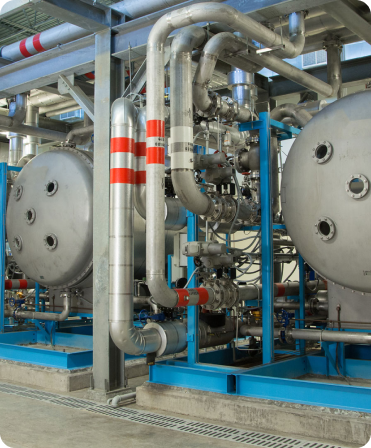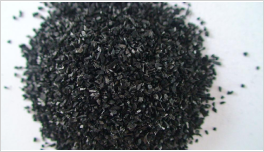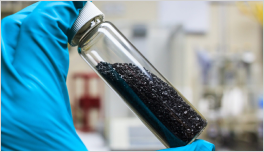Boiler Water Treatment
An essential practice that ensures the optimal performance and longevity of boiler systems. 🌊💧
What Is Boiler Water Treatment?
Boiler water treatment involves managing the water quality within a boiler system to prevent issues like corrosion, scale formation, and fouling. Proper treatment is crucial because it directly impacts the efficiency and reliability of the boiler.
Why Is It Important?
- Corrosion Prevention: Untreated water can corrode boiler tubes and other components, leading to leaks and reduced lifespan.
- Scale Control: Minerals in water can form scale deposits on heat exchange surfaces, reducing heat transfer efficiency.
- Fouling Mitigation: Organic matter and impurities can accumulate, affecting boiler performance.
- Maximizing Efficiency: Well-treated water ensures optimal heat transfer and energy efficiency.
Treatment Methods
- External Treatment: Purification and deaeration of make-up water or feed water. Evaporation can produce relatively pure vapor, which is then condensed for boiler feed.
- Internal Treatment: Conditioning impurities within the boiler system. Reacting with feed water hardness, preventing foaming, and scavenging oxygen.
Advantages
- Longevity: Proper treatment extends the life of boiler components.
- Efficiency: Well-maintained boilers operate at peak efficiency.
- Cost Savings: Reduced maintenance and energy bills.
- Reliability: Minimizes downtime due to system failures.
Remember, a well-treated boiler is like a cozy home for your heat-loving water molecules! 🏠🚰 If you want to explore more or chat about anything else, feel free to ask! 😊👍





